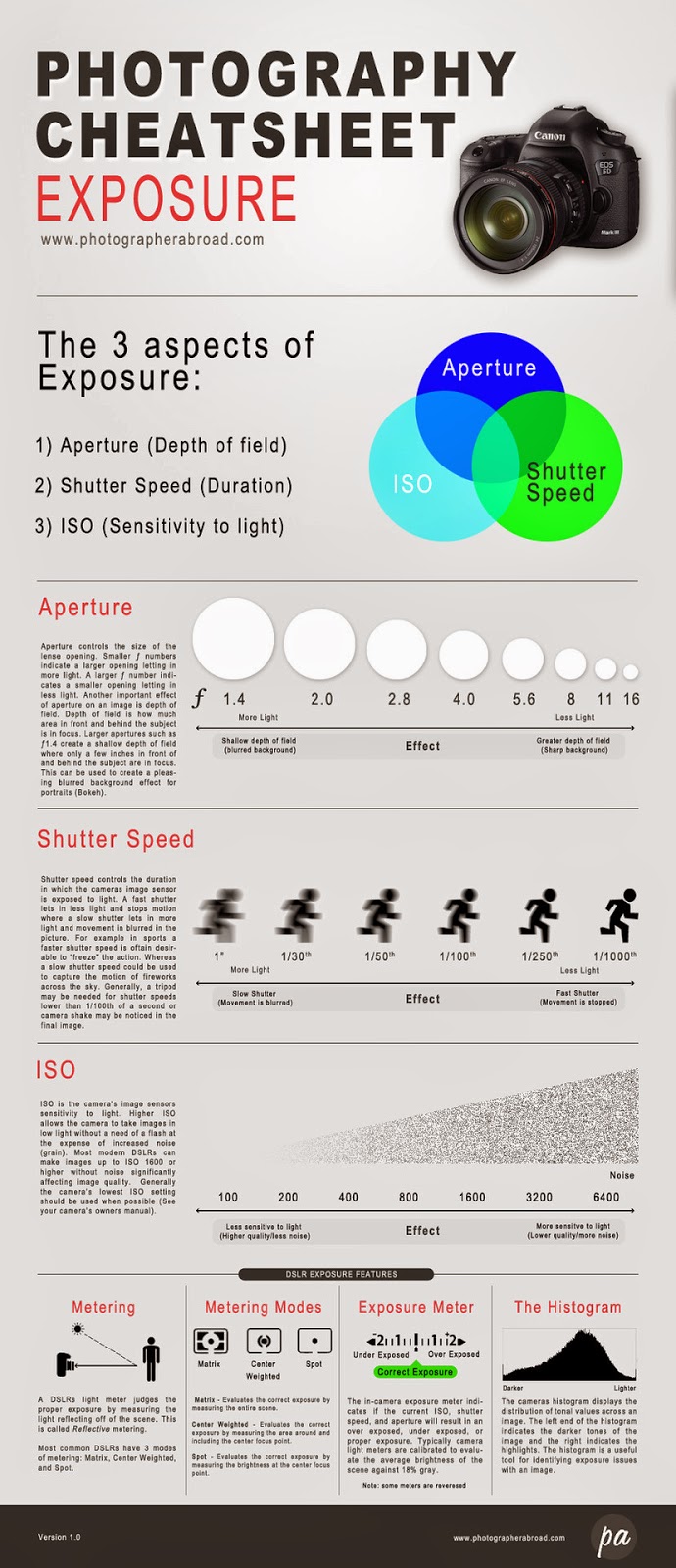Professional Photographers Frequently Ignore Crucial Principles That Can Prevent Their Growth; Discover Vital Ideas To Boost Your Skills And Stay Clear Of Typical Challenges
Professional Photographers Frequently Ignore Crucial Principles That Can Prevent Their Growth; Discover Vital Ideas To Boost Your Skills And Stay Clear Of Typical Challenges
Blog Article
Web Content Create By-Vinter Lehmann
As a new professional photographer, it's simple to obtain caught up in the allure of premium equipment and forget the essentials that truly elevate your craft. You might find yourself annoyed when your photos don't reflect the vision you wanted. Common bad moves, like neglecting lights principles or ignoring composition concepts, can hold you back more than you understand. However understanding these risks can change your technique. Let's explore these errors and exactly how you can sidestep them to enhance your digital photography trip.
Ignoring Illumination Principles
Disregarding lighting basics is one of the most significant errors brand-new professional photographers make. You could think that capturing a terrific photo is everything about your camera settings or the most recent equipment, however the truth is, lighting is important. Correct lighting can elevate your images from ordinary to magnificent, and comprehending it can save you from countless missed possibilities.
First, read more on all-natural light. please click the following webpage -- shortly after daybreak and prior to sunset-- use soft, lovely light that enhances your subject. Avoid harsh noontime sunlight, which can cast uncomplimentary shadows. If you're shooting inside your home, place your subject near windows to take advantage of diffused light.
Next, discover to adjust artificial lights. Try out various resources, like lamps or outside flash. Use reflectors to jump light back onto your subject for a softer effect. Do not neglect that shadows can include deepness; embrace them as opposed to hesitating.
Ultimately, method changing your camera setups according to the lighting problems. Understand exactly how shutter speed, aperture, and ISO work together to achieve the desired exposure.
Overemphasizing Devices
Numerous brand-new professional photographers come under the catch of thinking that having the most recent and best gear will automatically improve their photography. While it's tempting to think that a higher-end cam or an expensive lens will certainly boost your work, the reality is that it's not practically the tools you use.
Your abilities, imagination, and understanding of digital photography play a much bigger function in creating magnificent images. Investing in superior gear can be valuable, yet it shouldn't be your key focus. Rather, focus on grasping the basics-- light, structure, and narration.
You can take awesome images with a simple video camera if you recognize exactly how to use it efficiently. Commonly, it's the digital photographer's vision, not the equipment, that makes the distinction.
Additionally, overstating devices can cause irritation and exhaustion. You might find yourself frequently chasing the following item of gear rather than developing your craft.
Neglecting Composition Principles
When you pick up your electronic camera, it's easy to focus only on the topic, however disregarding structure concepts can lead to uninspired pictures. Make-up is the foundation of digital photography; it guides the visitor's eye and creates a visual story. If you ignore it, your spectacular topic might obtain lost in a messy framework.
Start by applying the policy of thirds. Picture your frame divided into 9 equivalent components by two straight and 2 upright lines. Placement key elements along these lines or at their crossways for a well balanced and appealing shot.
In addition, consider leading lines. Use all-natural lines in your scene to draw the audience's eye toward the subject.
Do not forget about framing. Usage bordering elements to develop a "frame within a frame." This strategy can add deepness and focus to your topic.
Last but not least, pay attention to negative area. Often, less is much more. Allowing empty space can improve your prime focus and develop a more effective photo.
Conclusion
To conclude, by staying away from these typical pitfalls, you can raise your digital photography skills considerably. Concentrate on grasping illumination, composition, and exposure as opposed to obtaining lost in expensive gear. Don't take too lightly the power of post-processing, either-- it can genuinely change your photos. Bear in mind to pick the right time of day for shooting, as lights plays an essential duty in your results. Accept these tips, and see your digital photography flourish!
